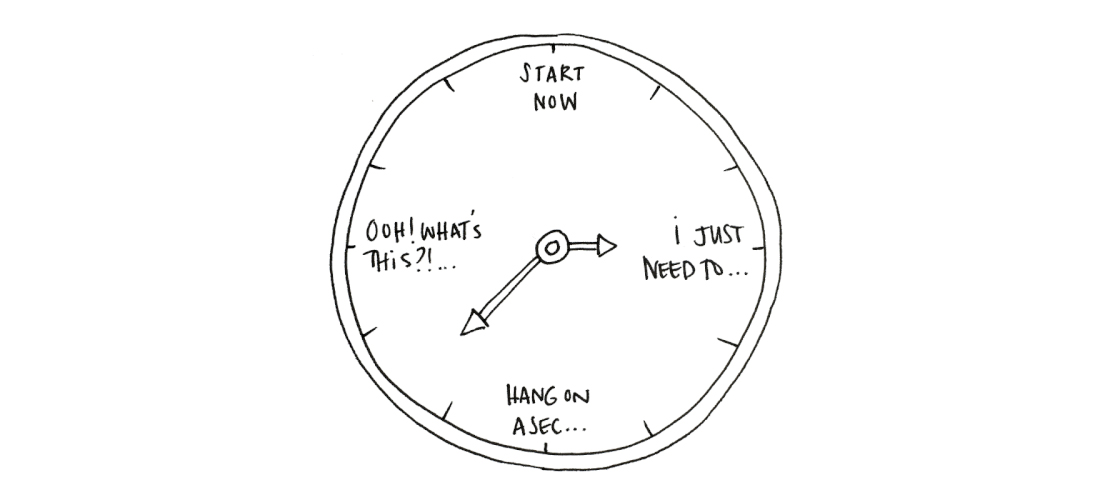
Around the end of 1934, a department store boss named Edgar Kaufmann asked Frank Lloyd Wright to design a home that he and his family could rest on weekends. The house was located in the forest southeast of Pittsburgh about an hour’s drive. At the time, this was an opportunity for Wright to regain his reputation, which had diminished after the Depression that was creeping into the United States. Also during these difficult years, his house and design studio were also threatened with confiscation because they did not pay the tax to the state. This talented architect came to the place Kaufmann had chosen, asked a few things, and later, no later. Wright did nothing for nine consecutive months. Kaufmann then suddenly came to Wright’s studio, to see what he had been waiting for, a perfectly designed home. Just then, anecdotally, Wright began putting down his pen and drawing. Two hours later, he gave Kaufmann the design of Fallingwater, which later became a masterpiece of contemporary architecture.
“The only way to explain the nine-month continuity that Wright did not progress Fallingwater was because he applied procrastination logic. “Nothing” is the only thing Wright can do during that time.” – Andrew Santella rewrote in Soon.
Santella, a philosopher writer, and baseball coach for Brooklyn School did not know why Wright has delayed it. But he was sure that procrastination was an essential part of the genius process – like Wright. “I will also tell my wife like that if she finds out I am snoring on the sofa.” He said at the beginning of the book. “But even though I look like I am sleeping, I am really writing. I am always writing ” Like many others, Santella sensed the ambiguity in defining procrastination, but could not deny it, because it was inherently ingrained in the mind of many people, like Wright and Santella himself.

Procrastination is a habit that is ingrained in people’s minds
Throughout Santella’s book, chapters’ insights on for and against of procrastination are both interesting and profound enough to prompt readers to decide to turn to the next page to learn about this “disorder”. Santella really put a lot of effort into studying a long history of procrastination and was closely arranged through each chapter. There will be sections that surprise you when Santella can finish his work even though the procrastination always clings to him at such an alarming level.
In the later chapters of the book, Santella spent a lot of time discussing the psychological advantages and disadvantages of procrastination. The insights drawn after his study period will definitely help the reader to think more about how to think and organize the work properly when we embark on the next job.
Andrew Santella also mentioned some prominent historical figures who have a habit of procrastinating. The creator and father of evolutionary theory spent more than 20 years just observing the barnacles reinforce his hypothesis. Or Leonardo Da Vinci, a genuine workaholic, always has problems finishing projects. Santella provides psychological perspectives around the two personalities of these great men and gives readers interesting views about their delayed traits. Procrastination has been around for millennia and although there is still some concern over how they hold back the progress of mankind, it is undeniable that they have brought significant benefits, including the changes of office, style, and culture of working to this day. Therefore, there are a number of community groups who are willing to put their effort into studying procrastination in religion, war, and art.
However, perhaps because the writers tended to work alone, Santella did not spend much time answering the question of how procrastination affects others. The responsibilities of procrastinators should be made clearer to know whether they are bringing negative impacts to their relationships. In fact, those who are irresponsible procrastinators are likely to bring havoc and drive their bosses and their colleagues crazy.

Procrastination sometimes brings more benefits than we thought
Soon seems to be a relatively light and brief experience of the procrastination story. Only in 180 pages (8 chapters), Santella leads us through a history of human development and their procrastination habits. No matter who we are, we all love the feeling of being able to pretend to be elusive from controlling forces (bosses, deadlines) that they want us to obey them. There have been many strong measures to distract people from procrastination, but in any way, they are not effective and sometimes adversely affect human productivity. Today, there are such critical issues that need people to spend more time caring about them, but perhaps, procrastination is not such a worrying issue. Ordering the rules is a good thing, but delaying and disobeying the framework sometimes results in surprising results. After all, Soon is a book worth reading and reading so we have a more honest and objective view of procrastination.
——————–

How do you think about this article? Please share it with us via the comment section below.
PRIMUS – TOP MANAGEMENT JOBS ONLY





